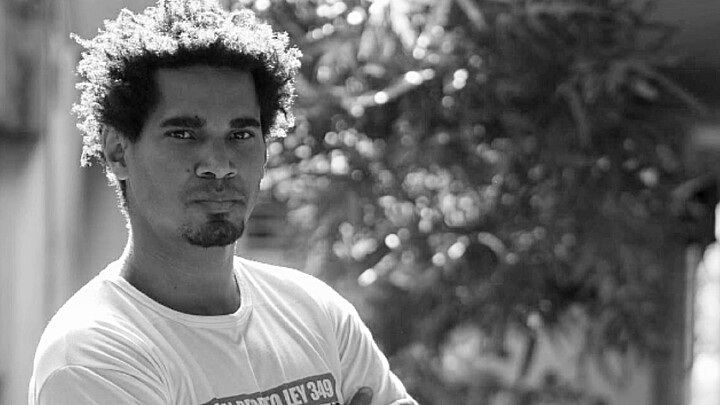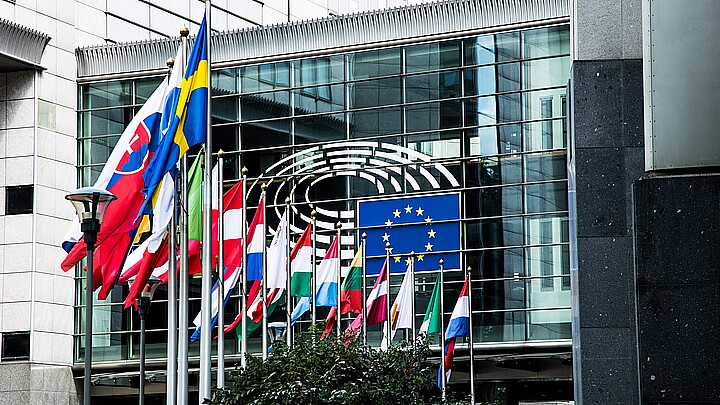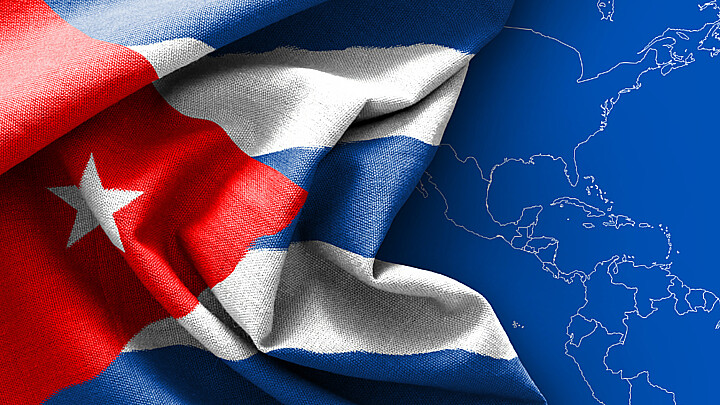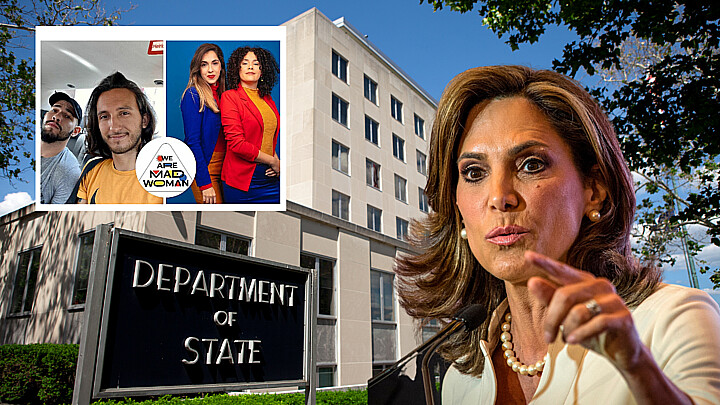Human Rights
Cuban situation "dramatic," says Inter-American Commission on Human Rights rapporteur
The Inter-American Commission on Human Rights (IACHR) commissioner for Cuba, Stuardo Ralón, voiced his concern over the human rights violations committed in Cuba
February 18, 2022 3:20pm
Updated: February 20, 2022 10:15am
The Inter-American Commission on Human Rights (IACHR) rapporteur for Cuba, Stuardo Ralón, voiced his concern this week over the human rights violations committed on the island, describing the situation as "dramatic."
"There is no respect for people's freedom. There is a single party, the Communist Party, to which one must belong to participate in politics. And anyone who speaks out against the regime, expresses a different idea, or demands freedom is subjected to arbitrary arrests, trials, and prison sentences of up to 30 years," Ralón told AFP.
The Guatemalan constitutional lawyer also signaled the IACHR's concerns about the health of opposition artist Luis Manuel Otero Alcántara, who was arbitrarily imprisoned on July 11, 2021, the day of the anti-government protests in the country.
Regarding those arrested for demonstrating on 11J, as the protests are called, Ralón cited the official figures of the Attorney General's Office, which say that 790 individuals were arrested and are being prosecuted for participating in the demonstrations.
Around 55 defendants are between 16 and 18 years old. According to the Convention on the Rights of the Child, they are still minors. Of these, 28 were "secured" with the precautionary measure of provisional imprisonment.
In addition, 60 defendants are between 19 and 20 years old, and 41 of whom are in provisional detention. To date, the Havana regime acknowledges having conducted 84 trials against 11J political prisoners, of which 172 defendants have been sanctioned.
According to Ralón, those accused of sedition have been victims of an "ambiguous" classification." “With charges of sedition or terrorism, they really intended to criminalize an act that what it was asking for was a democratic opening," he claimed.
Another issue addressed by the lawyer was the forced exile of art historian Anamely Ramos, who was banned from returning to the island on Feb. 16.
"It is an international standard is that a national cannot be prohibited from entering his own country. The problem is that when there is no democracy but rather a single power that violates human rights and individual guarantees, this type of abuse can occur. This is clearly something extremely serious and a clear violation of human rights," he said.










